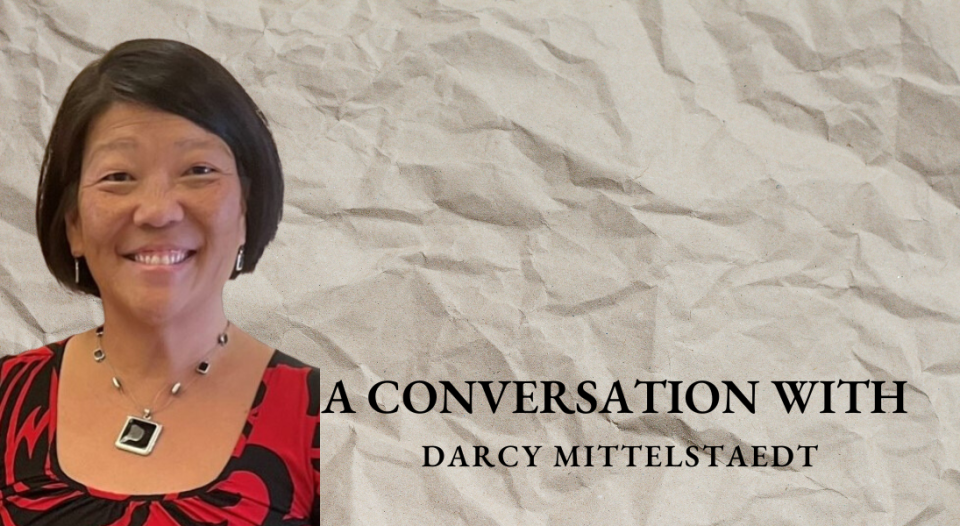As we near the end of May, we are speaking with Lutherans who are and identify as Asian, Asian American, and Pacific Island heritage. We are honored to share the stories of our AAPI siblings in Christ. Today we are speaking with Darcy Mittelstaedt.
Responses have been edited for publication.
How are you connected to the ELCA?
I am a deacon and a bishop’s associate for leadership and lifelong faith formation for the Southwestern Texas Synod. I was born in South Korea, adopted at age 2 and raised by my adoptive family in the Lutheran tradition. I have been involved in the ELCA on many levels, from being part of the ELCA Youth Gathering planning team; serving on the ELCA Youth Ministry Network Board; and being a representative for other committees on the churchwide, synod, and congregation levels. I graduated from an ELCA college and attended Luther Seminary in St. Paul, Minn. Some would say I am a “full-fledged” Lutheran.
What aspects of AAPI culture do you see reflected in your church community?
I have learned quite a bit about my Asian culture and how it encompasses the collective and diverse customs and traditions of art, architecture, music, literature, lifestyle and philosophy. Asians believe in peace and humanity. As I speak of church community, I speak of the whole ELCA with whom I am connected and which is my denomination. In South Texas where I am called to serve, I do not see much of Asian culture in ELCA congregations. But in and around the area of Texas where I live, there is Asian culture represented through festivals, art, music, etc. in Austin and San Antonio.
When do you feel most connected to yourself and your culture in a worship environment experience?
I feel most connected with my culture in a worship environment when our ethnic group is included in prayer and when I see other faces of diversity (especially Asians) in and among the community. I worship with a lot of communities as part of my synodical work. And I don’t feel connected to my culture in a lot of places.
What gives you hope?
I am encouraged by people who want to be more inclusive, diverse and connected to others who are not like them. I am hopeful that the younger generation will lead in different ways. I am filled with hope by leaders in the church who are trying to make a difference and colleagues who preach truth and love each week despite the challenges they face daily.
How do you believe the ELCA can better support and uplift AAPI voices and perspectives?
I believe the ELCA can better support and uplift AAPI voices and perspectives by inviting us to the table, listening carefully/intently to us, making space for us and standing up against AAPI hate. Don’t be a bystander, be an upstander. The ELCA needs to get to know the AAPI people as we have gifts to share, truth to tell and ways to innovate.






